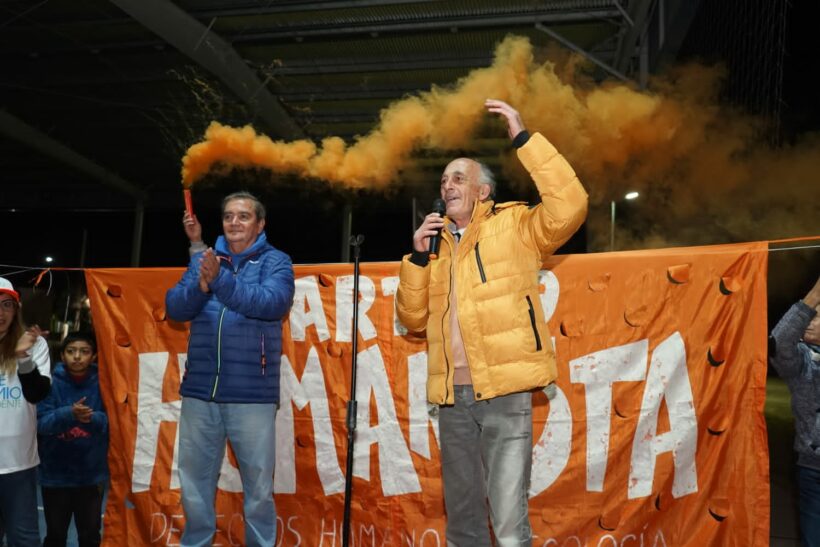Sunday 25th June saw the completion of a new phase of a series of voting days in which, for reasons of electoral speculation, the election of executive and legislative positions at the provincial and local level in the province of Cordoba, Argentina, has been split.
The satisfactions and disappointments that triumphs and defeats brought to the hegemonic forces that serve the continuity of the system have already been dealt with by other chroniclers, so we will dedicate the lines of this article to outline some small great achievements of a small great party, the Humanist Party, born in the heat of a utopian but essential motto: Humanising politics and transforming social organisation with the human being as a central value.
A few days ago, in the town of Villa General Belgrano, with a census of around 10,000 inhabitants, the Humanist Party obtained 13% of the votes, placing it in second place. Alejandro Montbrun, a graduate in Political Science, was elected as councillor. He announced that he will rotate the seat with Sofía Zizzias, second on the list of councillors. At the same time, Virginia Guisandez will be in the minority for that party in the format of three members of the Court of Auditors.
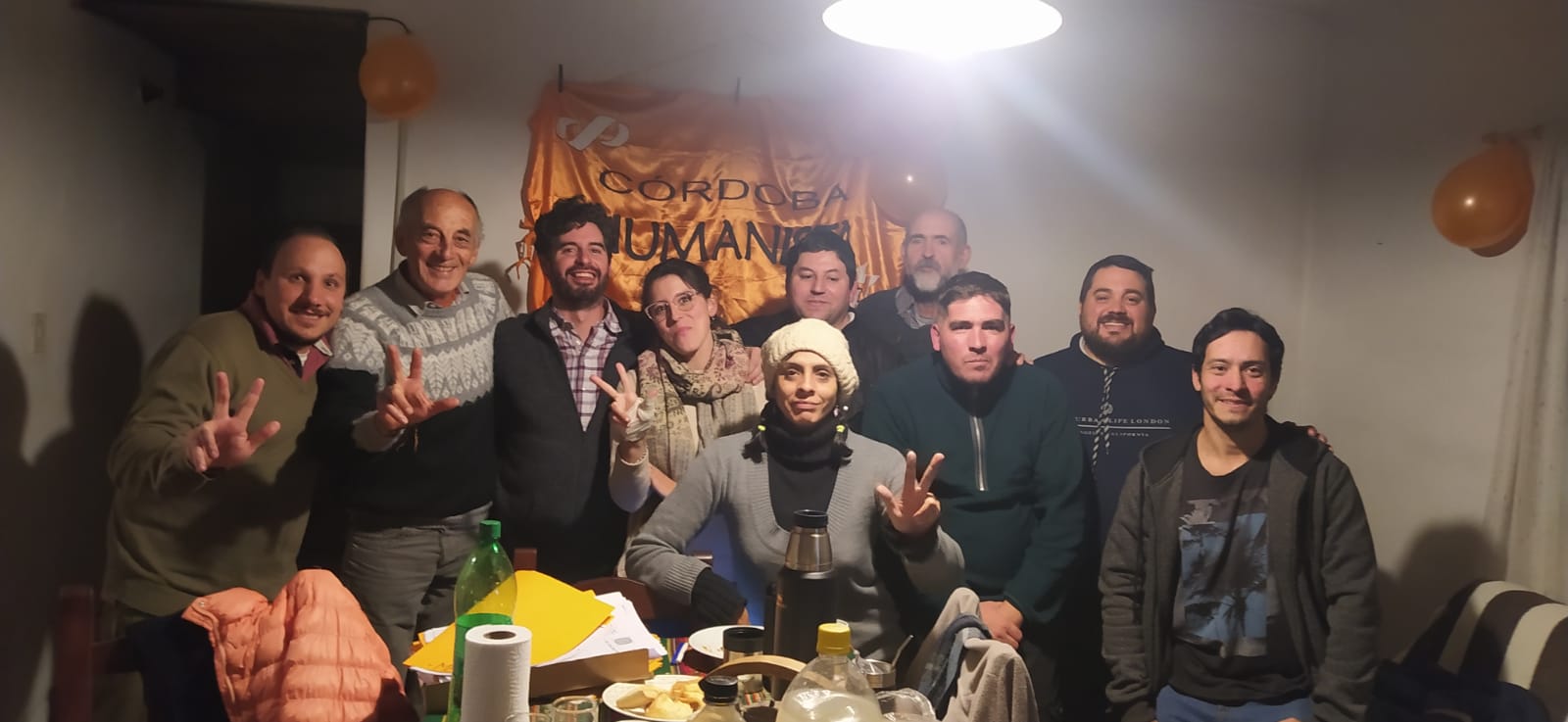
In Estación Juárez Celman, a town close to the capital with 1,3451 eligible voters, the mayoral candidate José Antonio Romio came in third with almost 14% of the votes and was elected as councillor for the PH.
It is worth noting that the current mayor, who was the candidate for vice governor of the alliance of 18 parties and groups that won the election, is from this town, which highlights the achievement of the team that supported the candidacy in the face of the current provincial and municipal government apparatus.
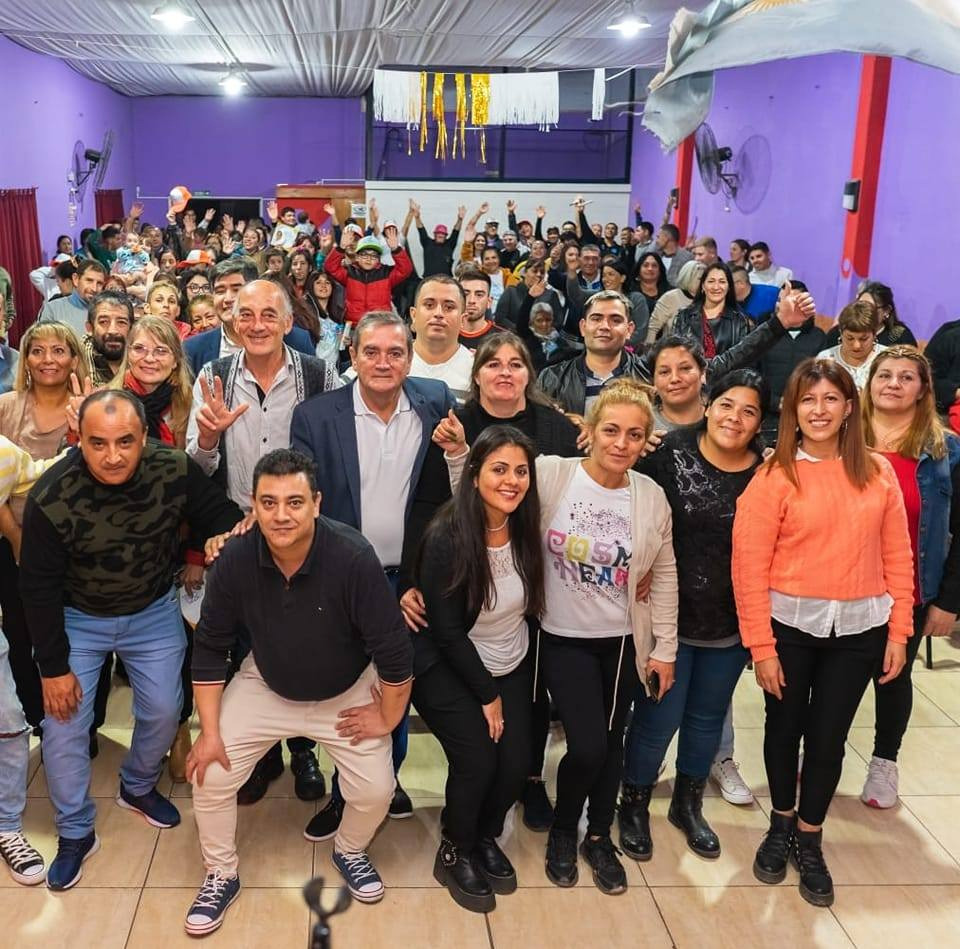
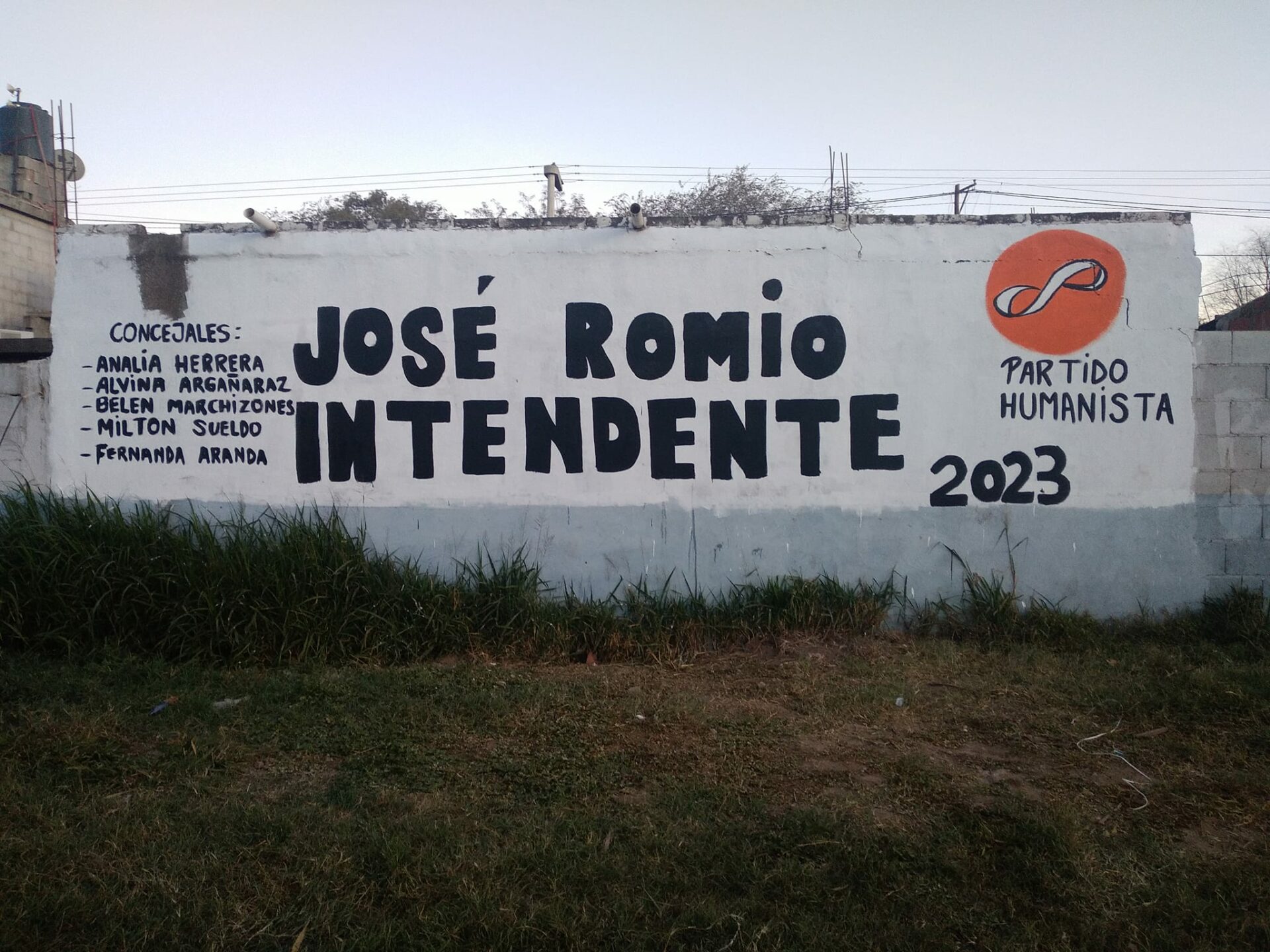
In Churqui Cañada, a small municipality in the Tulumba department in northern Córdoba, humanist candidate Zulma Vanessa Loza lost the mayoralty by just nine votes, with 44.5 percent of the vote, and the PH gained access to a municipal secretariat and a seat on the local court of accounts.
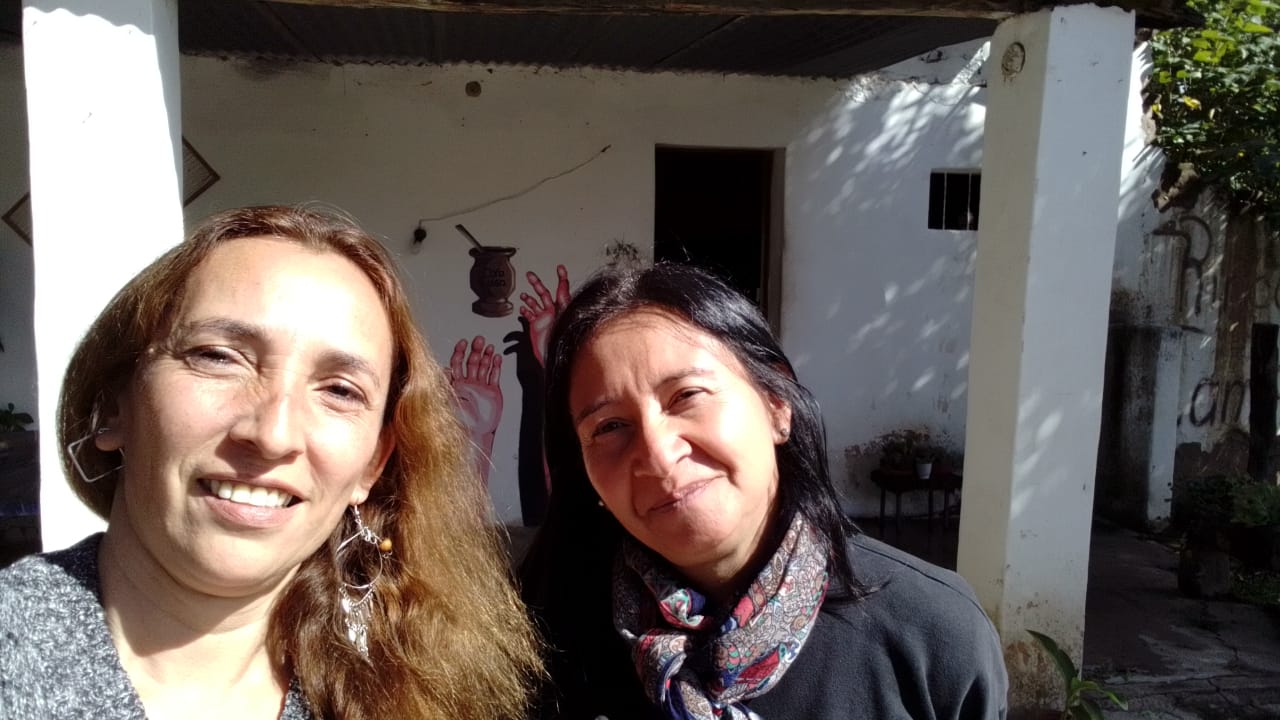
Humanist participation in these provincial elections 2023, beyond the historic fact of having its first elected candidates, was felt in several other localities of its interior while awaiting the next elections in the capital of Córdoba, in which the PH will also run its own list.
The figures in all these places far exceed the percentage obtained at the provincial level (0.5% at the governor’s level with some 10,000 votes for Fernando Schüle, in a highly polarised election, and 0.54% for the list of legislators).
In addition to the mayoral elections on July 23rd in Córdoba Capital, the humanist list will also be present in Cerro Colorado, the land of the famous singer-songwriter and guitarist Atahualpa Yupanqui, with Mariela Montenegro, and in Olivares San Nicolás, in the department of Ischilín, with Julio Moyano as candidates for mayor and municipal chief respectively.
In September, Quique Andrada will be seeking to make history by fighting for the mayoralty of Alta Gracia, an important city in the southwest of Córdoba, head of the Department of Santa María, where Ernesto “Che” Guevara lived for part of his childhood and adolescence.
Finally, in Bell Ville, the capital of football, Maxi Escudero will seek the mayoralty, but no date has been set yet. It is worth mentioning that in all these places this is the first participation of the Humanist Party with its own lists.
The humanist deployment in this election was possible thanks to the sustained effort of a small team with an unwavering faith and purpose that for years sustained heartfelt and humble action beyond adverse circumstances.
The overall turnout on 25 June was one of the lowest historically, less than 67%, even with compulsory voting. The combined white and spoiled vote – a vote of absolute rejection of all the options in the race – exceeded 7% at the governor and vice-governor level, reaching around 18% for the single-district legislative lists.
The most important thing for humanists is that dozens of new militants, some of them with no previous political experience and others coming from other experiences, have joined the ambits of collective work determined to change reality, starting with their immediate environment.
All this suggests a clear path: only from the social base with the local people themselves, and not from the upper echelons, will alternatives and the possibilities of humanising politics emerge.


